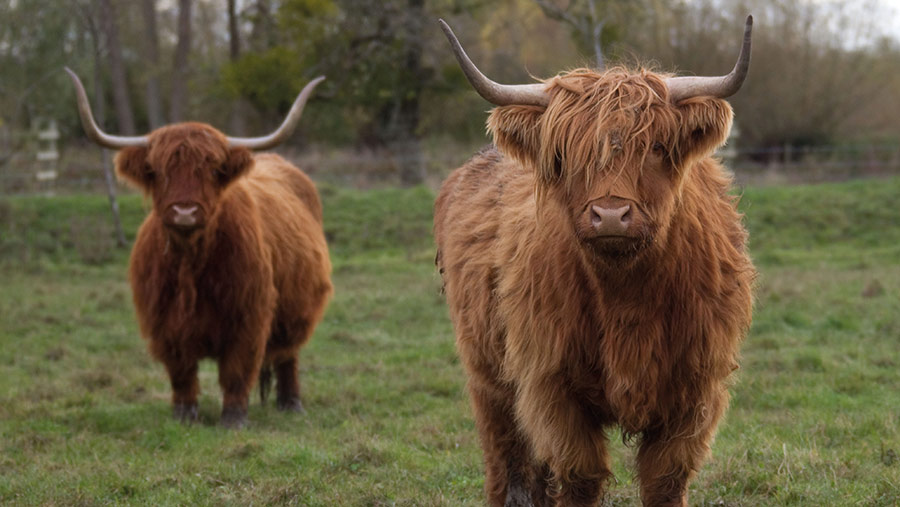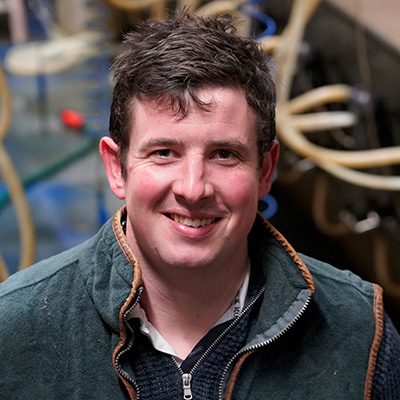Opinion: Scots government must show its hand on policy reform
 © Tim Scrivener
© Tim Scrivener It could be argued that farming is something of a gambler’s profession, placing large bets without any certainty of an outcome.
This could be as basic as planting that crop of winter wheat on low-lying fields, or a longer-term risk such as investing in a new shed or breeding bull.
These bets are not placed blind – past experiences or learning from others often make these wagers more of an informed decision.
Furthermore, markets have been relatively stable and, if you’ve gone “all-in” in the past, CAP support has been good at topping up the pot at the end of each year, allowing us to make the same mistakes all over again the following year.
See also: New Scottish rural affairs minister quizzed on policy
There is, however, a new game afoot. Brexit Hold-em is sweeping the nation and, where there once were rules, we now have empty reassurances and broken promises; you could say, a pack full of jokers with no card taken at face value.
We have, however, been promised new rules – ones that are fairer, more representative and provide better value for money.
Our own reluctance to set future policy leaves us at a disadvantage when it comes to investing for the long term
The problem is, we are being asked to change our methods without yet knowing how success will be measured or rewarded.
To add to the woes, the “one-system-fits-all” approach, handed down through the EU’s CAP budget, is being replaced, rightly, by devolved nations, who each have their own vision and aspirations as to how their rural economies should look.
With the current Scottish government set on rejoining the EU in the future, and the rest of the UK apparently set on being as different as is possible, will the differing policies and support payments still allow us to trade fairly with our closest neighbours?
More importantly, how will trade in a global Britain look?
The forging of a UK-Australia free-trade agreement last month has the potential to open new markets.
However, the lack of consultation with industry leaves it at something of a loss.
Without a UK-wide collaborative approach, which builds on a global UK brand, farming risks becoming even more disjointed, fighting among ourselves for individuals to set themselves apart, while scrabbling for the scraps.
While farmers in Scotland have been promised the status quo until 2025, this date is fast approaching.
Some may feel reassured, watching the turmoil of the removal of the Basic Payments Scheme by Defra.
But our own reluctance to set future policy leaves us at a disadvantage when it comes to investing for the long term.
We can’t, however, complain that we haven’t been consulted on how this future should look.
The five farmer-led groups have recently set out a direction of travel for all of Scottish agriculture’s main sectors, following on from numerous other reports.
But the danger is that agriculture in Scotland is being left behind.
We hold all the aces when it comes to climate change, rural employment, environment, biodiversity and affordable, healthy food.
We just lack the tools and collaborative vision to play that hand.
The time for the showdown is here. Cards are on the table and we need government to show its hand, hoping that the future of Scottish agriculture is a flush and not a flop delivered by jokers.

